Met Police rolls out controversial facial recognition tech in London
Today will see eight-hour trials take place in the British capital
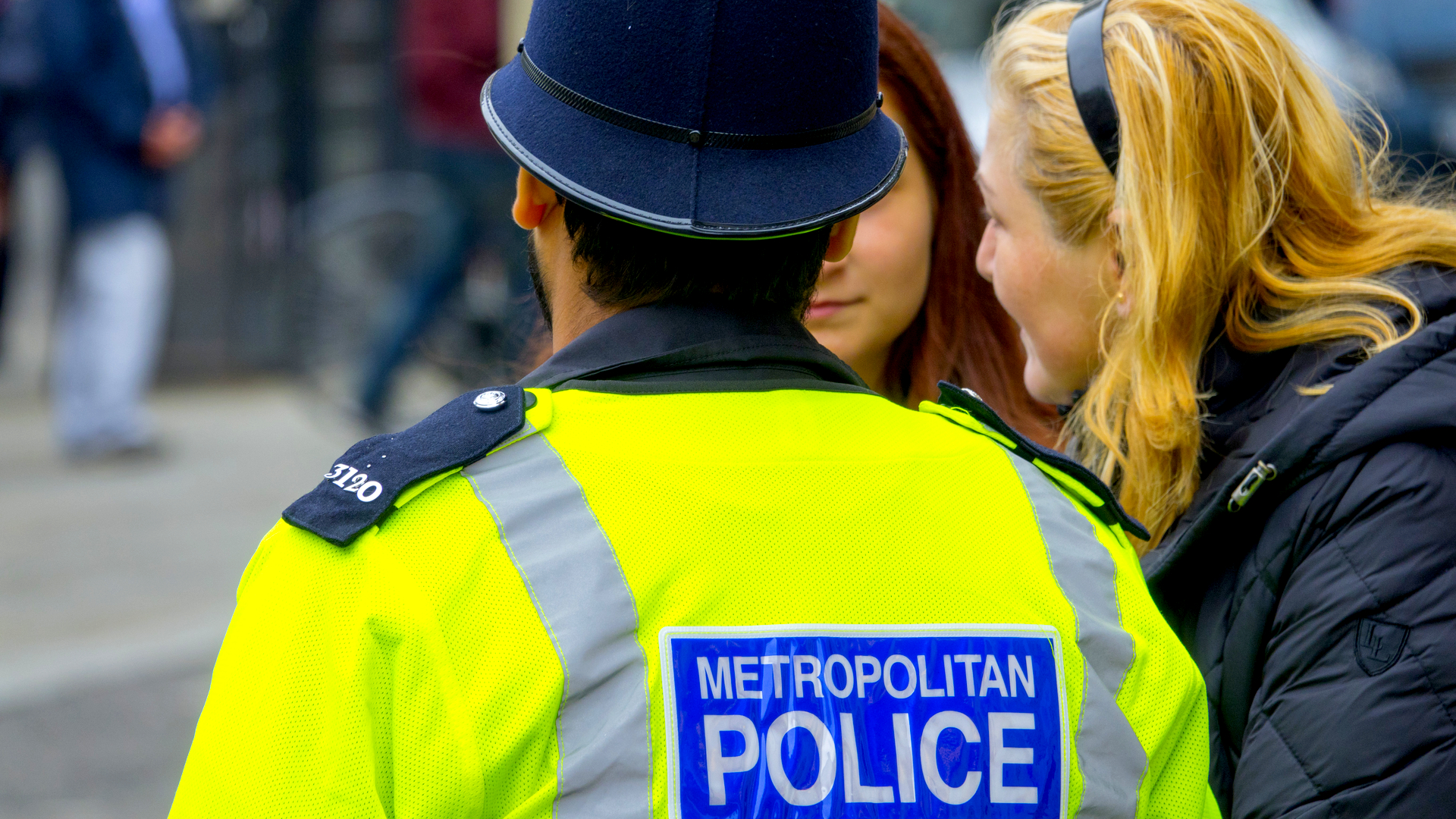
London's Metropolitan Police is testing its facial recognition technology in the capital today. This week's trials mark the seventh attempt launched by the Met in a bid to get its controversial technology to take flight.
The testing took place yesterday and continues today over a period of eight hours each day.
Rather than scanning people without their consent, the Met is inviting people to take part in the testing on a voluntary basis. Critics of the scheme have been vocal, suggesting that people who turn down the invites will look "suspicious".
Bigger grievances, meanwhile, pertain to issues of privacy. Big Brother Watch, a prominent civil liberties advocacy group, has denounced the technology as "authoritarian, dangerous and lawless," stating that it constitutes a "breach of fundamental rights to privacy and freedom of speech and assembly".
If you're keen to avoid being roped into the testing period, you'll want to avoid central London. The areas where the tests are being conducted fall within the touristic hubs of the capital, with Soho, Picadilly Circus and Leicester Square being touted as prime locations.
Be wary of pranksters, too; the Met has established that "clear uniformed" officers only would be carrying out trials while maintaining that anyone requesting not to be scanned would not be black marked as "suspicious".
For its part, the Met is keen to forge ahead with trials. Information Commissioner Elizabeth Denham has sung the facial recognition system's praises, positing in a blog post that it could bring "significant public safety benefits". The system, if approved for use, would mean the software could be employed to identify people wanted by the police with technology doing most of the heavy lifting.
Get the ITPro daily newsletter
Sign up today and you will receive a free copy of our Future Focus 2025 report - the leading guidance on AI, cybersecurity and other IT challenges as per 700+ senior executives
However, previous trials have shown something of a mixed record. And that's us being diplomatic; a trial back in July led to a grand total of 0 arrests probably a good thing, since a May study found the software flagged false positives in up to 98% of cases.
In the meantime, Big Brother Watch is ploughing on in its role as a watchdog; it recently took to Twitter to name, shame and snap one of the facial recognition vans conducting the trials today. "This looks an awful lot like covert surveillance," the group commented on a picture of the seemingly innocuous plain green van.
This is one of the facial recognition vans out in London today at Cambridge Circus. This looks an awful lot like covert surveillance. Also plain clothed officers hanging around. pic.twitter.com/JNGINzvR6ABig Brother Watch (@bbw1984) December 17, 2018
-
 Should AI PCs be part of your next hardware refresh?
Should AI PCs be part of your next hardware refresh?AI PCs are fast becoming a business staple and a surefire way to future-proof your business
By Bobby Hellard
-
 Westcon-Comstor and Vectra AI launch brace of new channel initiatives
Westcon-Comstor and Vectra AI launch brace of new channel initiativesNews Westcon-Comstor and Vectra AI have announced the launch of two new channel growth initiatives focused on the managed security service provider (MSSP) space and AWS Marketplace.
By Daniel Todd
-
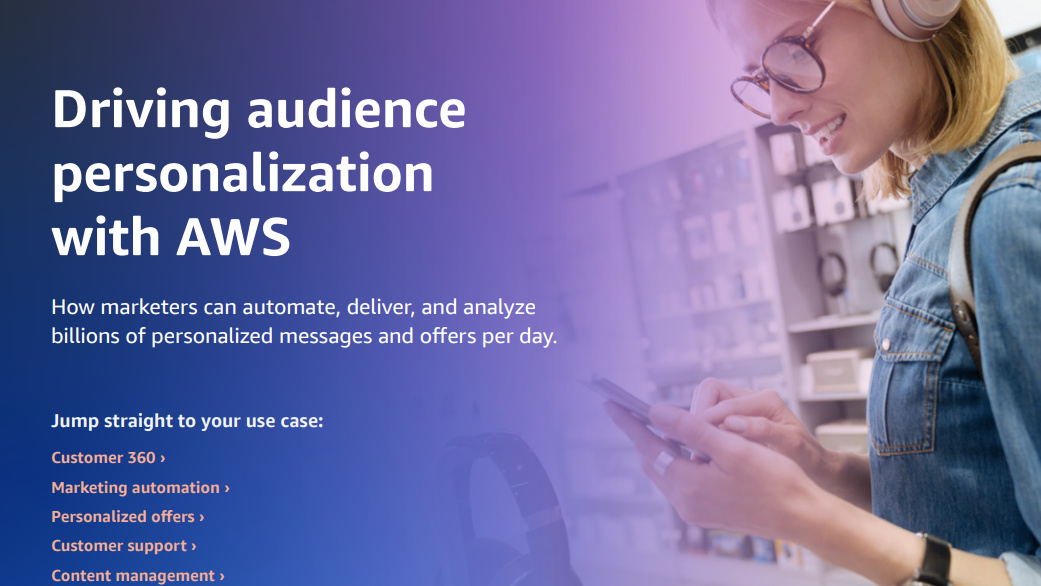 Automate personalization with AWS
Automate personalization with AWSWhitepaper How marketers can automate, deliver, and analyze billions of personalized messages and offers per day
By ITPro
-
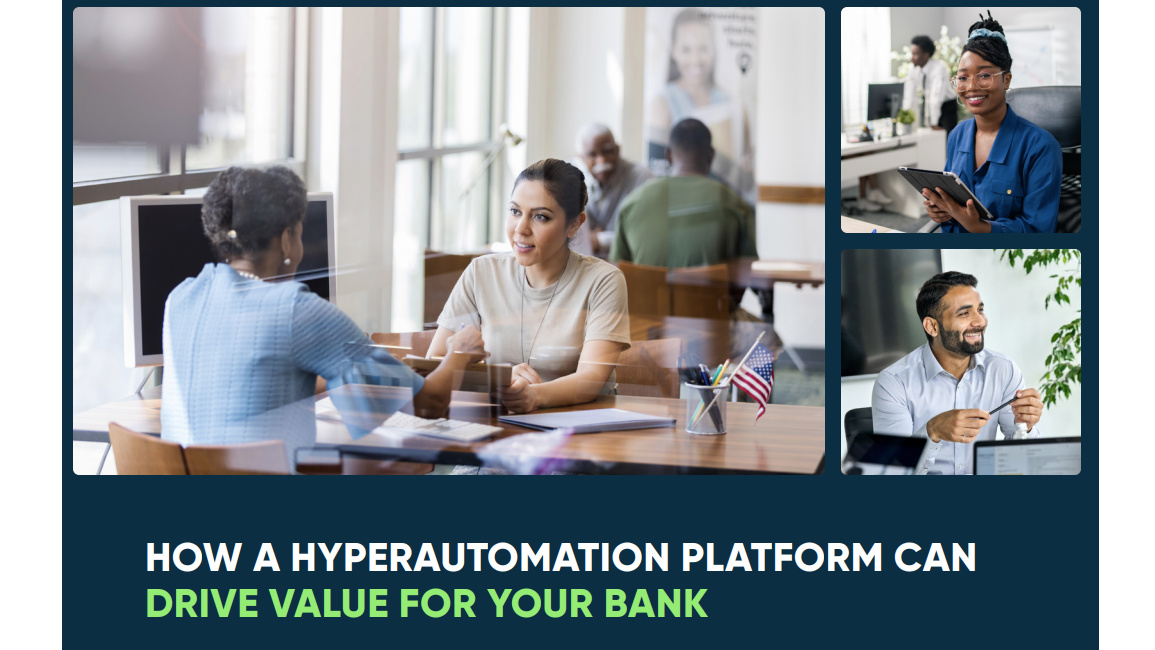 How a hyper-automation platform can drive value for your bank
How a hyper-automation platform can drive value for your bankWhitepaper Five ways automated processes can drive revenue and growth
By ITPro
-
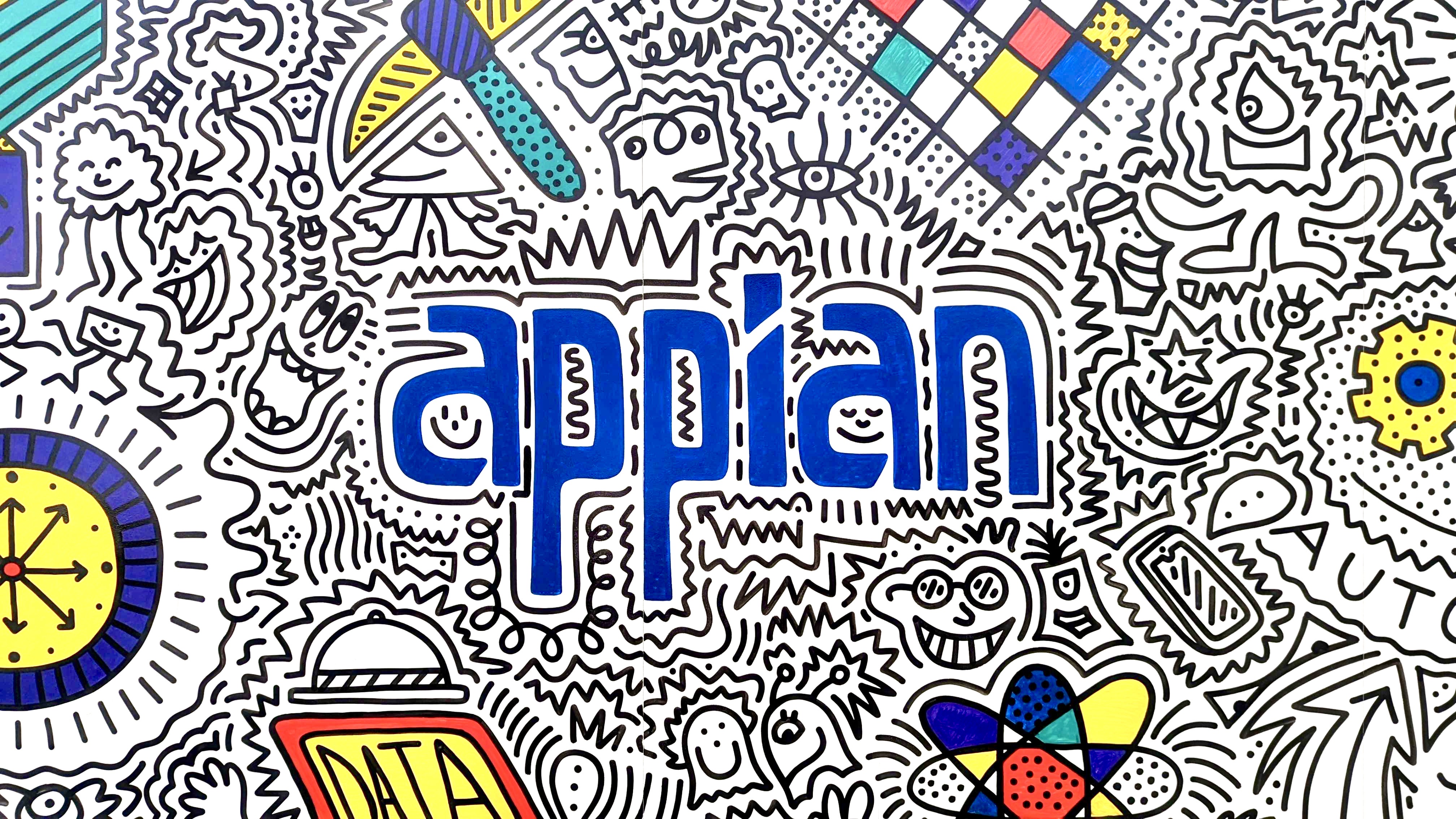 Appian wants to be the AI company for AI skeptics
Appian wants to be the AI company for AI skepticsAnalysis The firm outlines its AI strategy at Appian World 2023 while using ChatGPT and Midjourney to create scripts and imagery for keynote presentations
By Rory Bathgate
-
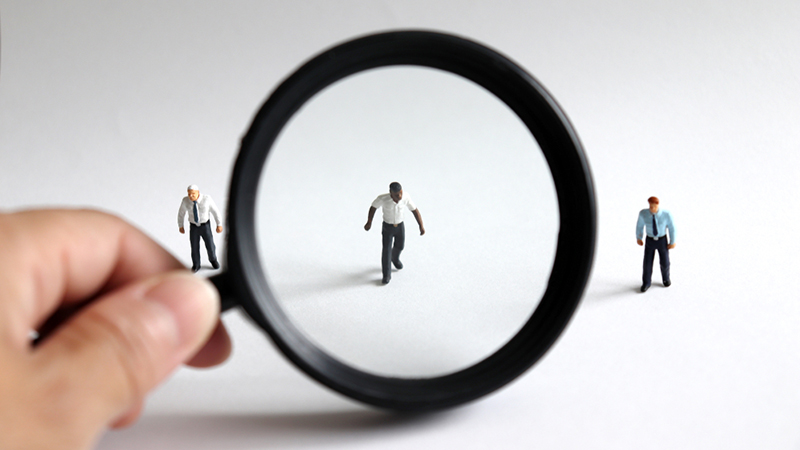 Workday hit with claims its AI hiring systems are discriminatory
Workday hit with claims its AI hiring systems are discriminatoryNews An African American plaintiff has alleged that Workday's systems prevented him from being hired on the basis of his race, age, and mental health
By Rory Bathgate
-
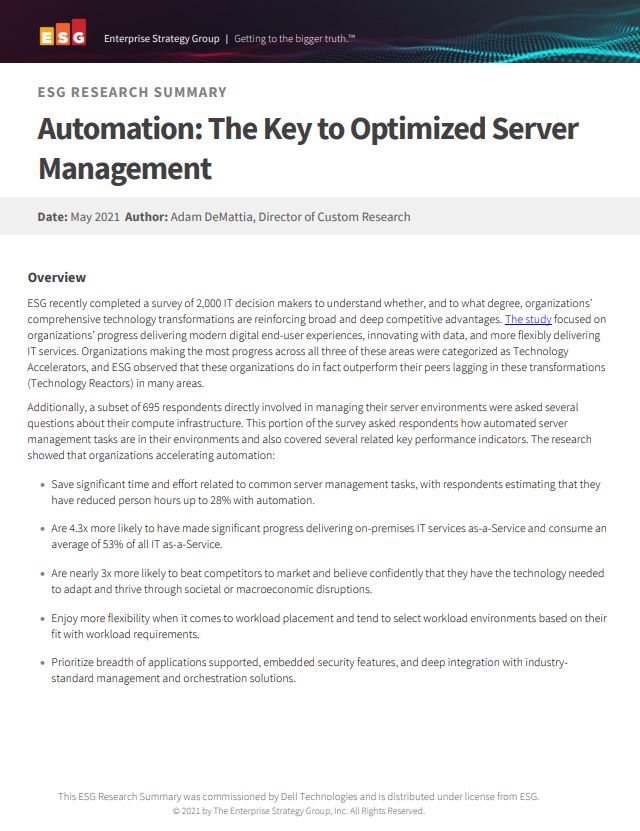 Automation: The key to optimised server management
Automation: The key to optimised server managementWhitepaper Deliver modern digital end-user experiences, innovate with data, and more flexibly deliver IT services
By ITPro
-
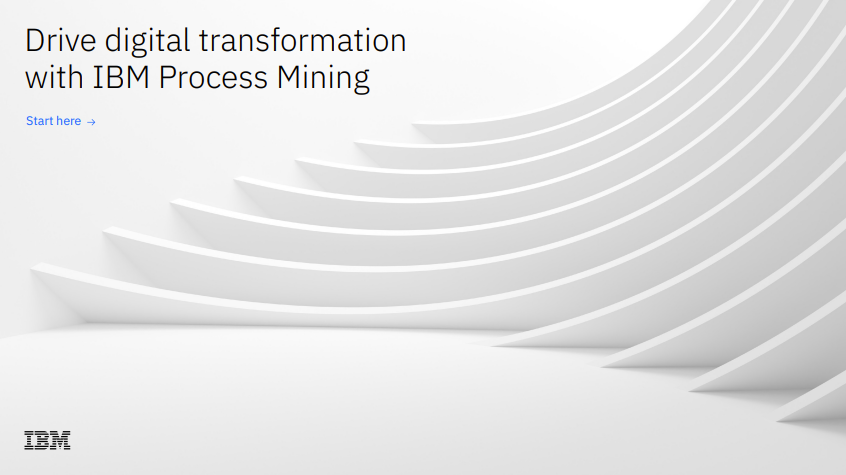 Drive digital transformation with IBM process mining
Drive digital transformation with IBM process miningWhitepaper A process discovery, analysis and monitoring technique to help businesses succeed throughout the entire DX journey
By ITPro
-
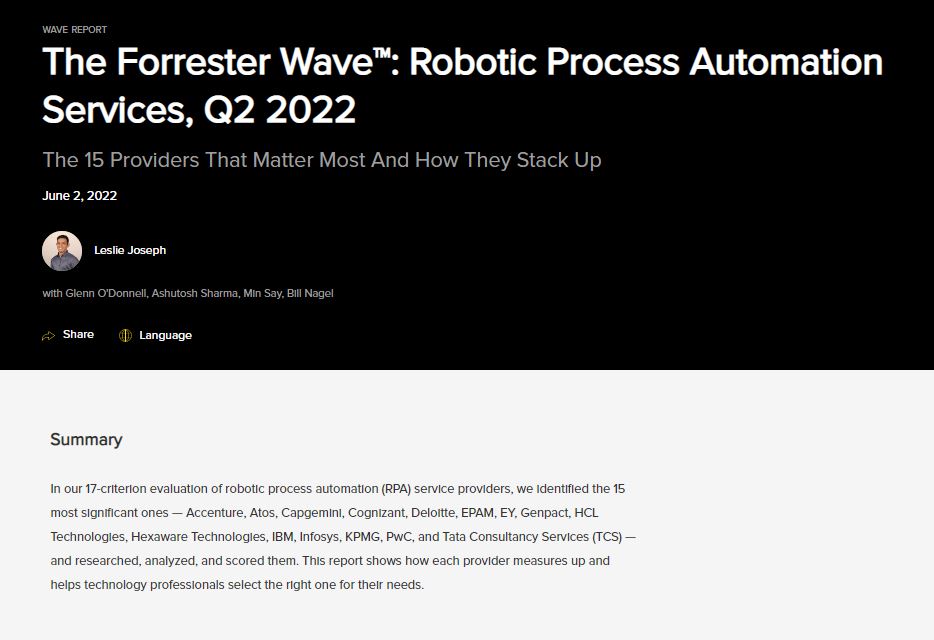 The Forrester Wave™: Robotic Process Automation Services
The Forrester Wave™: Robotic Process Automation ServicesWhitepaper The 15 providers that matter most and how they stack up
By ITPro
-
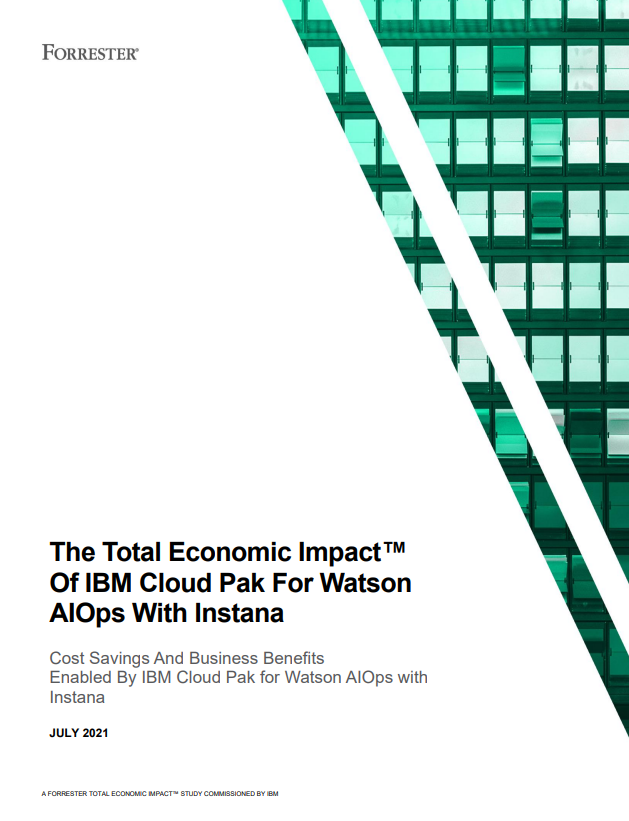 The Total Economic Impact™ of IBM Cloud Pak® for Watson AIOps with Instana
The Total Economic Impact™ of IBM Cloud Pak® for Watson AIOps with InstanaWhitepaper Cost savings and business benefits
By ITPro